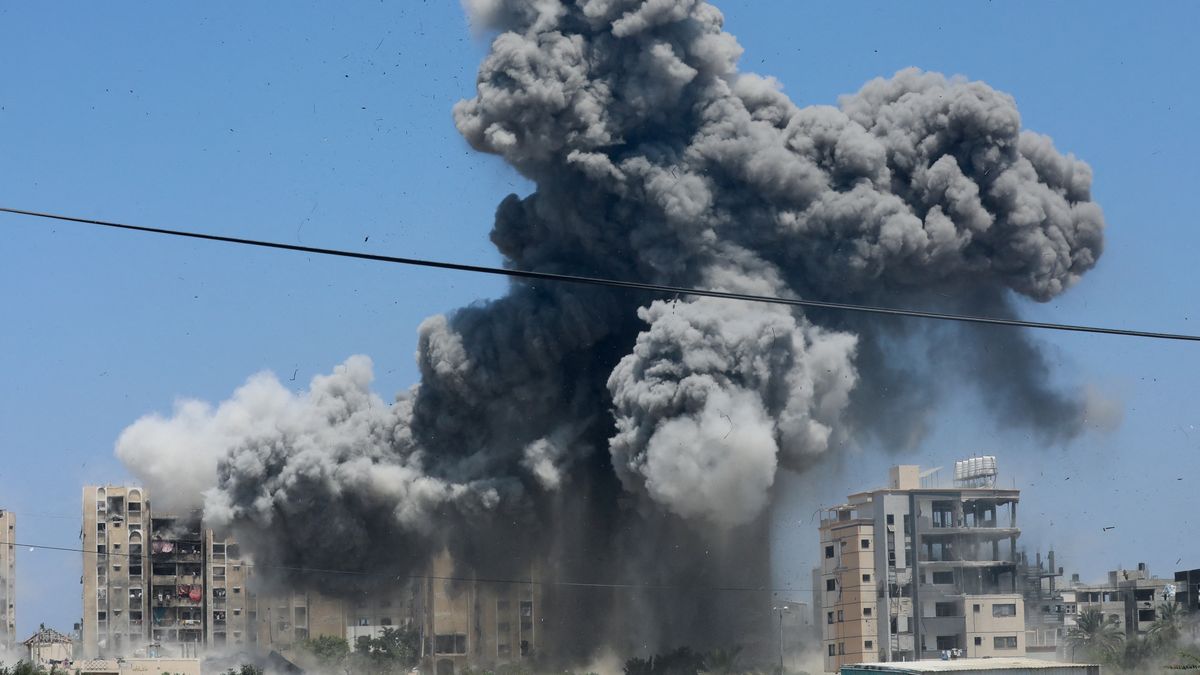The company that operated the Cobre Panamá mine, a subsidiary of the Canadian First Quantum Minerals, announced today that it began the process to lay off more than 4,000 workers, after a court ruling prohibited it from exploiting the largest open pit copper mine in Central America, after a series of protests against the renewal of the concession.
The company “has been forced to request” from the Ministry of Labor “authorization for the termination of contracts of more than 4,000 employees for justified economic reasons,” the company said in a statement.
The company, which a week ago had already announced the temporary suspension of the contracts of its 7,000 workers, indicated that some jobs will be maintained to guarantee “the safety of the facilities and avoid environmental losses or damage within the mining area.”
The termination of the 4,000 workers will be processed “in parallel” to a voluntary retirement program presented by the company on December 3, added the note published by the AFP news agency.
The company added that it made the request to the Ministry of Labor after it was ordered to cease operations in compliance with the ruling of the Supreme Court of Justice, which on November 28 declared unconstitutional the agreement with the government that allowed it to exploit the mine. for 20 years extendable.
First Quantum initiated an international arbitration process in Miami, United States, under the Panama-Canada Free Trade Agreement. If the Central American country loses the arbitration, it will possibly have to pay multimillion-dollar compensation.
Since 2019, the mine has been producing about 300,000 tons of copper concentrate annually, which represented 75% of Panamanian exports and 5% of the country’s GDP. In addition to its 7,000 direct workers, it had about 33,000 indirect workers.
The contract with the mining company was declared unconstitutional after massive protests called by teachers, workers and environmentalists, who maintain that the mine severely damages the environment.
The protests, the largest in Panama since the fall of dictator Manuel Noriega in 1989, and the road blockades resulting from them caused losses of more than 1.7 billion dollars in the agricultural, tourism and commerce sectors, according to business sectors.
“All Panamanians must respect and abide by the decisions of the Supreme Court of Justice, which are final, definitive and mandatory,” said President Laurentino Cortizo at the time, who promised an “orderly and safe” closure of the venture.
The crisis in turn caused the resignation of the Minister of Commerce and Industry, Federico Alfaro.
Source: Ambito




